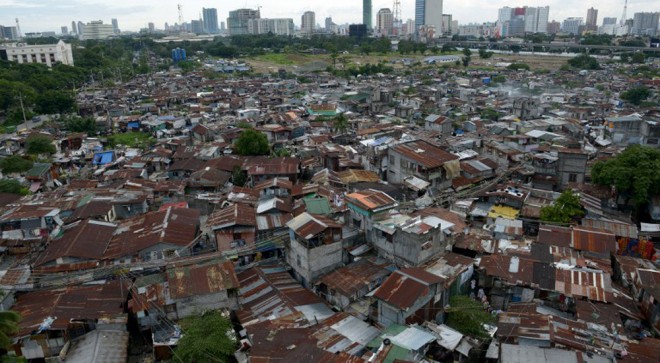UNITED NATIONS — A 17-year-old Honduran-American activist called for a youth movement to eradicate poverty and preserve the planet. The president of the tiny Pacific island nation said urgent funds are needed to develop his country and prevent the devastating impact of climate change. Actor and advocate Forest Whitaker urged people around the globe to join forces to achieve UN goals by 2030 that would transform the world.
They were among more than 150 speakers at a high-level UN General Assembly event Thursday to spur implementation of the 17 goals and 169 specific targets adopted by world leaders last September. They range from ensuring “healthy lives” and quality education for all to eradicating poverty, achieving gender equality, ensuring clean water, sanitation and reliable modern energy, and promoting economic growth and good governance.
“We are now in Year One of our 15-year journey,” UN Deputy Secretary-General Jan Eliasson told the leaders from government, business and civil society. “We have embarked on an undertaking of great scope and ambition, creating hopes among millions around the world.”
The event took place ahead of Friday’s UN ceremony where leaders and diplomats from more than 160 countries are expected to sign last December’s landmark agreement aimed at preventing climate change.
READ: Indian environment minister: Less poverty is climate justice
Eliasson said that reducing the effects of climate change is crucial for progress on nearly all other goals.
Victoria Barrett, the 17-year-old climate activist, appealed for young people to help lead efforts to achieve the goals, saying: “We have been given the chance to save history.”
“We are all the 18 million people of Bangladesh projected to be climate refugees by mid-century,” she said. “We are all the girls in sub-Saharan Africa and Asia that still face barriers going to school. We are all the indigenous people around the world fighting for their homeland. … We are all the 3.1 million children that die every year from lack of proper nourishment, and we together must unite to save ourselves.”
Barrett said she will be 31 years old and possibly married with a family in 2030, the target for achieving the new goals, “and I want to be able to tell my children that I did all that I could for them.”
Nauru’s President Baron Waqa, speaking on behalf of the group of Pacific Small Island Developing States, said all the countries need money from donors and investors to achieve the goals. Without funds, he said, implementation will be exceedingly difficult.
Waqa pointed to several major constraints: projects that the island nations are often told are too small to be funded, complicated applications and reporting requirements that deter the countries from engaging, and private investment which “is even more difficult” to attract.
Whitaker, who is a UN advocate for the goals, said that with people’s lives and fates “intertwined as never before,” he is excited about the future.
“These connections represent the possibility for humankind to ascend to unimaginable heights of innovation and progress,” he said.
But Whitaker also stressed that the world is facing new challenges and risks, including rising extremism and the fact that one in eight people still lives on less than $2 a day.
If the UN goals are to be achieved, he said, “this has to be an international movement, a coming together of people, a rallying around a common cause that we have never witnessed before in our history.”
Cuba’s Justice Minister Maria Esther Reus Gonzalez said a lack of resources can’t be used as an excuse for not implementing the goals.
She pointed to the $1.7 trillion used annually for military spending saying: “Let that colossal amount be used to foster development and welfare of the world population.”
Iceland’s Environment Minister Sigrun Magnusdottir said the country will do its part to implement the goals nationally including a new campaign to cut food waste. Internationally, she said, Iceland is training experts from developing countries on gender equality, fisheries, land restoration and using geothermal energy.
Thani Al Zeyoudi, the United Arab Emirates’ minister for climate change, said the UAE and other donors have deployed renewable energy projects totaling $840 million in over 25 developing countries.
Germany’s Environment Minister Barbara Hendricks told delegates the government stands by its obligation to use 0.7 percent of its GDP for official development assistance — and aims to double its international climate financing by 2020.
READ: UN: MDG helped lift 1 billion people from extreme poverty
